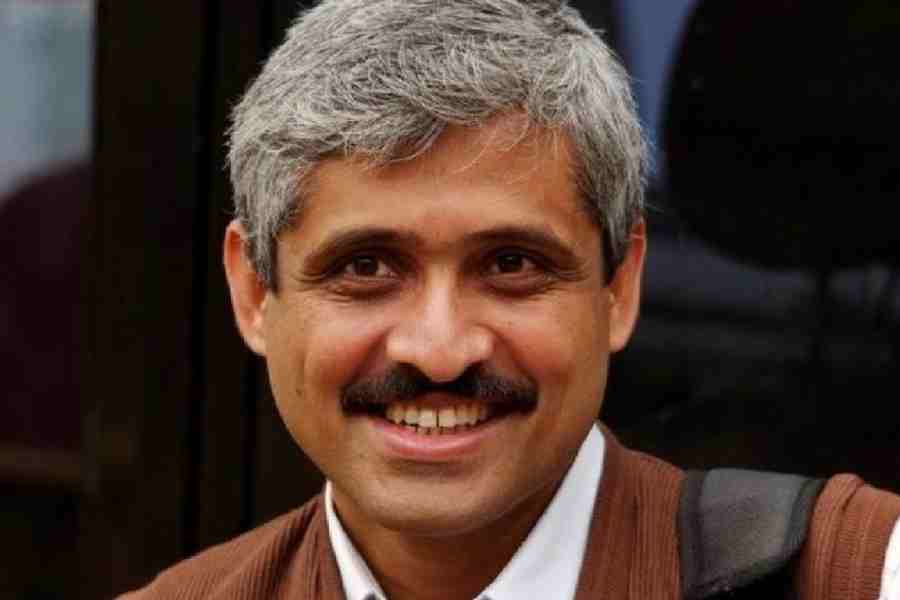The aircraft hovered over the airstrip at Aizawl, poised to land, and then turned back. Passengers waiting to board the lone flight from the capital of Mizoram to Calcutta were handed back their checked-in luggage and their tickets were refunded. The only other option was to drive down to Silchar in neighbouring Assam. The year was 1996, but such ‘visibility’ issues still plague the hilly northeastern states.
En route to Silchar, the taxi driver spoke glowingly about a new hospital in its suburbs that was treating cancer patients. This was our first exposure to the Cachar Cancer Hospital and Research Centre, whose present director, Dr Ravi Kannan R., has been bestowed the Ramon Magsaysay Award, 2023, for providing affordable cancer care to the poor.
Undeterred by the media arc lights, Kannan disarmingly explains how, in 2007, he was coaxed by the then director of the hospital, Dr Chinmoy Choudhury, to leave Adyar Cancer Institute in Chennai and come to Assam’s Barak Valley to widen the reach of cancer treatment. The Northeast’s high incidence of malignancy, primarily due to chewing of tobacco and betel nuts and alcoholism, required a mammoth effort. The unassuming surgical oncologist attributes the breakthroughs to “teamwork”, although his patients are effusive about his brilliantly effective mentoring and unstinted efforts to heal.
Joydeep Biswas, a professor of economics at Cachar College, was diagnosed with Stage IV lung cancer (and bone metastasis) in 2017. “I began my chemo cycles under
Dr Bivas Biswas at Tata Medical Center in Calcutta. “I was given six months to live. But deep in my heart I harboured hope. I contacted Dr Kannan from Calcutta and he was so reassuring. He said since I was young (47), non-diabetic and non-alcoholic, my positive frame of mind would be a boost. I took 43 chemo cycles. Although my cancer resurfaced in 2020, I am now on oral therapy,” he says, adding: “It is so inspiring to see Dr Kannan at the hospital. As director, he has no chamber or cubicle. Often in his operation theatre attire, he sits on a stool to cater to patients.”
For Silchar residents, being a volunteer at the Cachar Cancer Hospital and Research Centre is almost a pilgrimage. Shatabdi Som, a professor of media science, recalls: “In the verdant embrace of the hills of Borail, the hospital stands like a beacon of hope. It caters to daily wagers, farmers and tea garden labourers. Dr Kannan is driven by the unwavering commitment to make treatment accessible to the economically disadvantaged. In 2017, the children’s ward was painted in colours of hope, adorned with charts of birds, fruits and flowers. Ten-year-old Bijoy Kumar Jamatia from Tripura spoke of his fondness for the food served at the hospital. A three-year-old didn’t want to return home as he would miss his gari (wheelchair).”
A positron emission tomography scan machine gifted by the Airports Authority of India will be operational soon, Kannan says. “We have no resources for a masterplan, but I hope to set up two or three more hospitals with satellite daycare units and one-man centres so that no patient is required to travel more than two hours to avail of treatment. Barigram in south Karimganj, Lala in Karimganj and Haflong will have the hospitals, while Jiribam and Dharmanagar are on the anvil,” he adds.
In a world desperately crying out for a healing touch, here is a messiah who needs all the help he can in his mission to make every life count.











